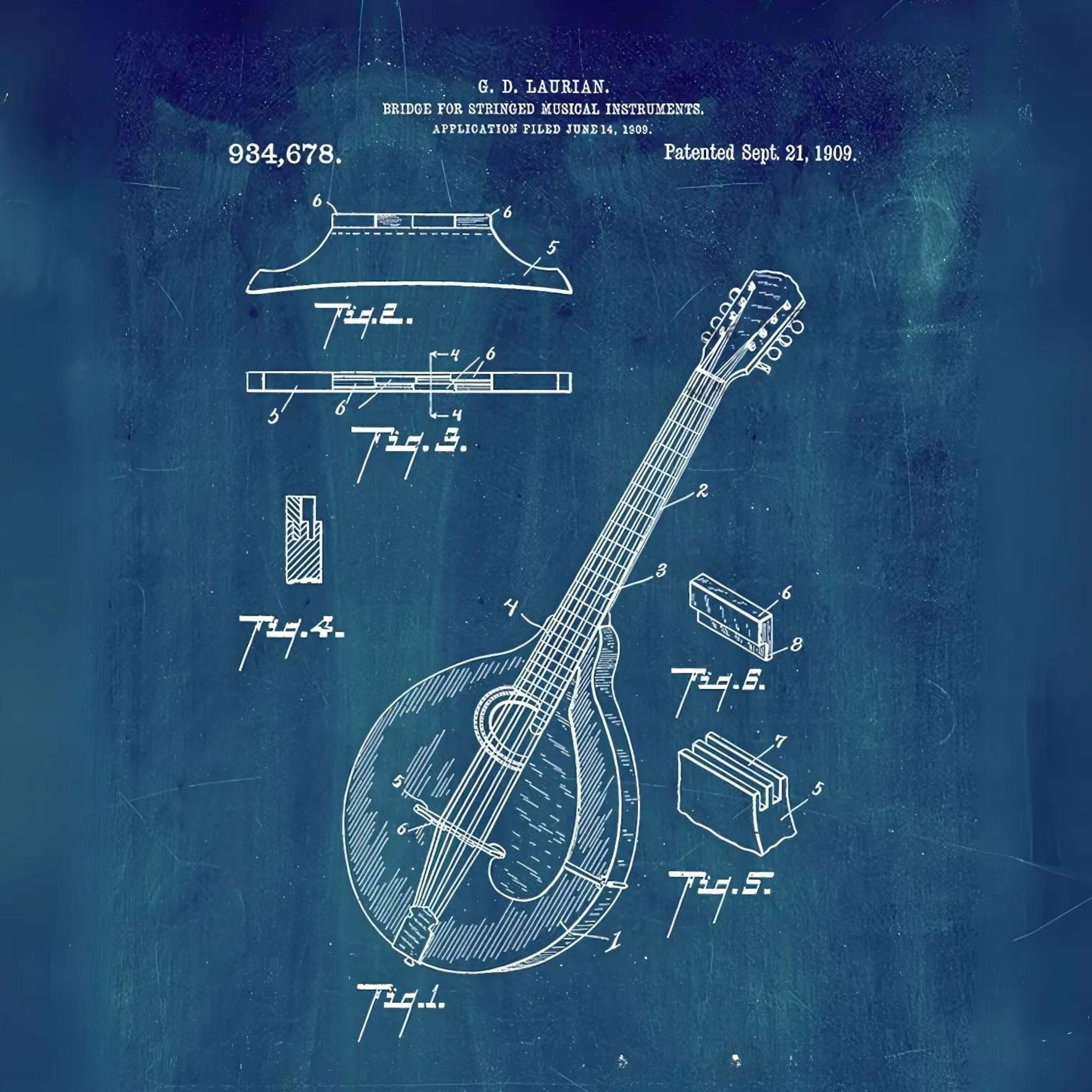Forty or So in a Living Room
Justin Camp
2 min read ⭑
I’ve got to be honest. I’ve struggled with worship. For much of my life, it was the part of any church service when my mind was most apt to wander. Sometimes, I sang quietly. Sometimes, I mouthed the words. Sometimes, I just stood silently and checked my watch. But then, finally, some friends taught me how to worship.
Forty or so of us crammed into a living room. Most of us stood. One person played a guitar. Another, a mandolin. A third, some drums. The music was loud and simple, and I sang at the top of my lungs. Over and over again, I told God who he was to me. Through words and melody, I loved him with my whole heart. It was marvelous.
In those moments, I realized something profound: I’m made for this. Worship is normal. What would be abnormal would be to continue withholding the vocal expression of my love from someone who's loved and done more for me than I could ever ask or imagine. What would be crazy (and cruel, actually) would be to sustain silence. It would be like never telling my wife, sons or daughter that I love them.
So, since then, worship has, for me, become non-negotiable. I need to worship — and not only in the mountains with a sold-out-for-God bluegrass band. I need to worship with my Spotify playlists in the mornings. I need to worship with my brothers when we meet. I need good worship music playing in my earbuds while I work. I need to worship through the words I write. I need to worship with the life I lead. Worship is, as A. W. Tozer taught, something built right into my human nature.
As I've leaned into this aspect of my design, I’ve discovered benefits beyond the deep joy of telling another how much I love and trust them. I’ve discovered how worship can brighten my days by aligning my heart with truth and disconnecting me from the darkness of this world — from fear, selfishness, frustration, envy, complaint. I’ve discovered that when I worship, I become more alive to the Spirit and better at noticing what God’s doing in my life and circumstances and surroundings — increasing my gratitude and deepening my love for him even more.
If you’re thirsty for this kind of worship and looking for good music, we’ve got you covered. We’re constantly updating our “Best of” Spotify playlist: Rapt’s 23 New & Chart-topping Worship Songs, which we curate by pulling up-to-date streaming and spin data from Billboard, K-Love and Mediabase.
I also want to shine a light on Maverick City Music. You see, we ask all Rapt interviewees to look back and name three things that were true game-changers in their unique journeys toward God. And out of many hundreds of mentions and recommendations, Maverick City currently sits at No. 5 — alongside such standards as No. 1: C. S. Lewis’s “Mere Christianity” and No. 3: YouVersion Bible App. (See the entire Most-mention Resources Top 10 List on Rapt’s front page.)
Lastly, I want to point you toward a worship-focused documentary from one of the Rapt interviewees, Rob Loos. His award-winning film is called “Salt and Light: The Miracle in Hollywood.” Here’s a quick synopsis:
In 1968 in Hollywood, a spirited young pastor, a mainline conservative church and a group of wide-eyed students came together to create The Salt Company, a band that introduced Contemporary Christian Music to the world, and a Coffee House that served the Gospel to hippies, runaways and drop-outs and helped launch the Jesus Movement.
In Rob’s interview, you can read about how “Salt and Light” came to be — with a significant and surprising assist from the Holy Spirit. And you can now catch his fascinating and inspiring documentary on Amazon Prime.
Justin Camp is the editor-in-chief of Rapt Interviews. He also created the WiRE for Men devotional and wrote the WiRE Series for Men. His writing has been featured and seen on Charisma, Moody Radio, Focus on the Family, GOD TV, The Christian Post, Crosswalk, Belief.net, LifeWay Men and other media outlets.
For Further Exploration
Ronald Highfield wrote “The God We Worship: Encountering His Person.”
Phillip McMillion wrote “Worship in the Old Testament.”
Michael Morrison wrote “What Is Worship? A Survey of the Bible.”


